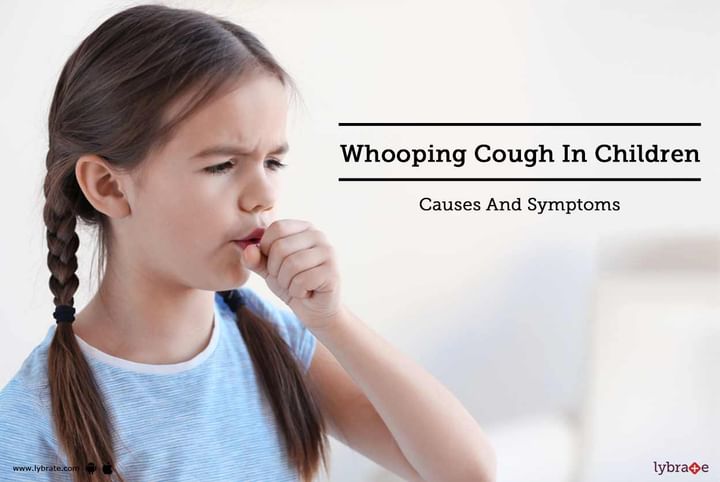Whooping Cough In Children - Causes And Symptoms
Whooping cough, also known as pertussis, is a highly communicable respiratory disease, which particularly affects babies younger than 6 months and who haven't been vaccinated yet. It can also affect children of 11 to 18 years of age who suffer from low immunity.
If the diagnosis of a whooping cough is done at an early stage, antibiotics of suitable dosage could help cut down coughing and few other symptoms. Doing so will also help prevent the infection from spreading to others.
What causes a whooping cough?
1. Bordetella pertussis bacteria
A whooping cough, characterised by a 'whooping sound', is caused by a bacterial infection called bordetella pertussis. The bacteria when inhaled get attached to the lining of the airways in your child's upper respiratory system, wherein they release toxins to cause swelling and inflammation. It's mostly transmitted to you from your infant, especially when he/she is in the early stages of the infection and hasn't been diagnosed yet. It can last about three weeks, this duration is reducible to five days, by antibiotic treatment.
2. Transmission from an infected person
When anyone infected with the disease sneezes or coughs, the droplets in the surrounding become infected. Young children who come in contact with the contaminated surrounding may get infected by the same bacteria.
How to recognise the signs of whooping cough?
The symptoms tend to worsen gradually and become worse at night, there are bouts of a cough as the airway gets irritated by the bacterial toxin leading to swelling and inflammation and mucus production with airway spasm.
You know that your child has this condition if he/she displays the following symptoms:
Moreover, children under 18 months of age affected with whooping cough should be watched at carefully as persistent coughing can disrupt their breathing process. Young babies with severe conditions may even need hospital care. If you wish to discuss about any specific problem, you can consult a Pediatrician.



+1.svg)
